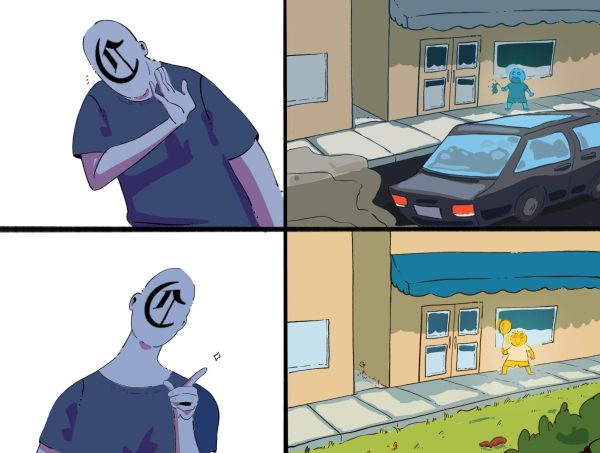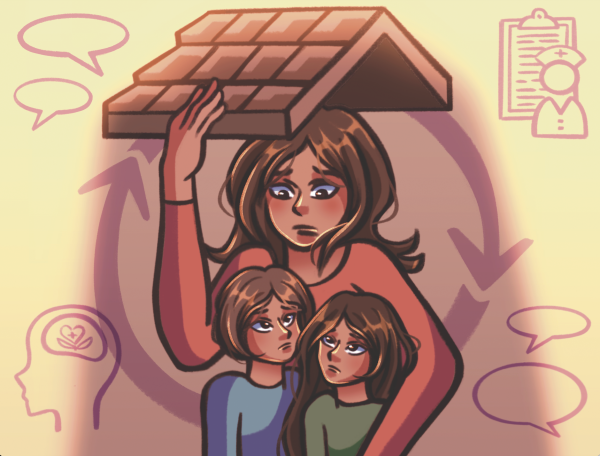Increased guidance needed in navigating the college process
Throughout the college application process, there are often many unfamiliar steps and processes that seniors experience, from filling out cover sheets and requesting transcripts to adding recommenders to the Common Application. As the plight of early deadlines approaches, The Campanile believes that Palo Alto High School seniors should be given more guidance in the college application process, through more frequent and comprehensive advisory periods.
In the past school year, seniors have had a total of only three advisories, meaning that they have received guidance a limited number of times. This lack of guidance in comparison to the difficulty of navigating the many steps in applying to college, such as filling out the Activities section of the Common Application and sending test scores to colleges, is something that should be changed so that seniors receive adequate support. While some of the important information has been discussed in senior advisories, there is much more involved in the college application process that has not been discussed. The Campanile is aware that there are workshops provided by the College and Career Center (CCC) for students outside of class to cover such topics, but we still believe that there should be an attempt to cover more information during advisory periods. This way, advisory time is used more efficiently, students who do not time to have time to attend these workshops are not at a loss when it comes to their applications and the CCC workshops themselves can be more specialized and personalized in the topics covered.
Moreover, advisory periods should go further in depth outlining other forms besides the Common Application itself — many students are still left wondering what cover sheets, NACAC forms, and financial aid forms look like after advisory periods.
Clarity surrounding senior deadlines has been a prominent issue for many students. A packet was given out to students in the beginning of the year outlining deadlines for cover sheets and transcript requests, but this packet alone is not enough.
As students are swamped with other coursework and activities, these dates are easy to forget, and more advisory periods around these dates should be planned in order to remind students of upcoming deadlines. The fact that these deadlines are difficult to find online along with the fact that students were rarely reminded of these due dates can cause unnecessary stress and create confusion surrounding these deadlines. To help seniors with this, Paly administrators or Teacher Advisors could post due dates on Schoology, a site used by many students, which would allow students easy access to these deadlines and would be a way in which students could be easily reminded of due dates.
Moreover, advisory periods should go further in depth outlining other forms besides the Common Application itself — many students are still left wondering what cover sheets, NACAC forms, and financial aid forms look like after advisory periods. The number of forms that students must fill out for Paly and other colleges can seem daunting, and we believe that advisory periods should include explanations what each form entails, where the form can be found and which students need to fill these forms out to avoid confusion. Doing so would help students and advisors alike, as students will fill out the correct forms according to the right deadlines, and advisors will not have to chase after students struggling to sort through these tasks.
Lastly, The Campanile believes that implementing more college planning advisory periods during second semester junior year would be beneficial as well. Currently, there are a couple introductory advisory periods during junior year used to remind students about Senior Profile surveys and short forms, but these periods could be used to go over more college related topics and in greater detail. Advisors could go over topics such as sending standardized test scores, as most students take standardized tests during their junior year, topics for main and supplemental essays and an overview of what the Common Application and other college application portals look like. If students have this knowledge going into their junior year summers and their senior years, they will be able to start the college application process earlier and more knowledgeably.
Thus, The Campanile believes that there should be more guidance for the senior class during this busy time of year, and even during the last part of the junior year, so that students can navigate through the college application process as smoothly as possible.
Your donation will support the student journalists of Palo Alto High School's newspaper









